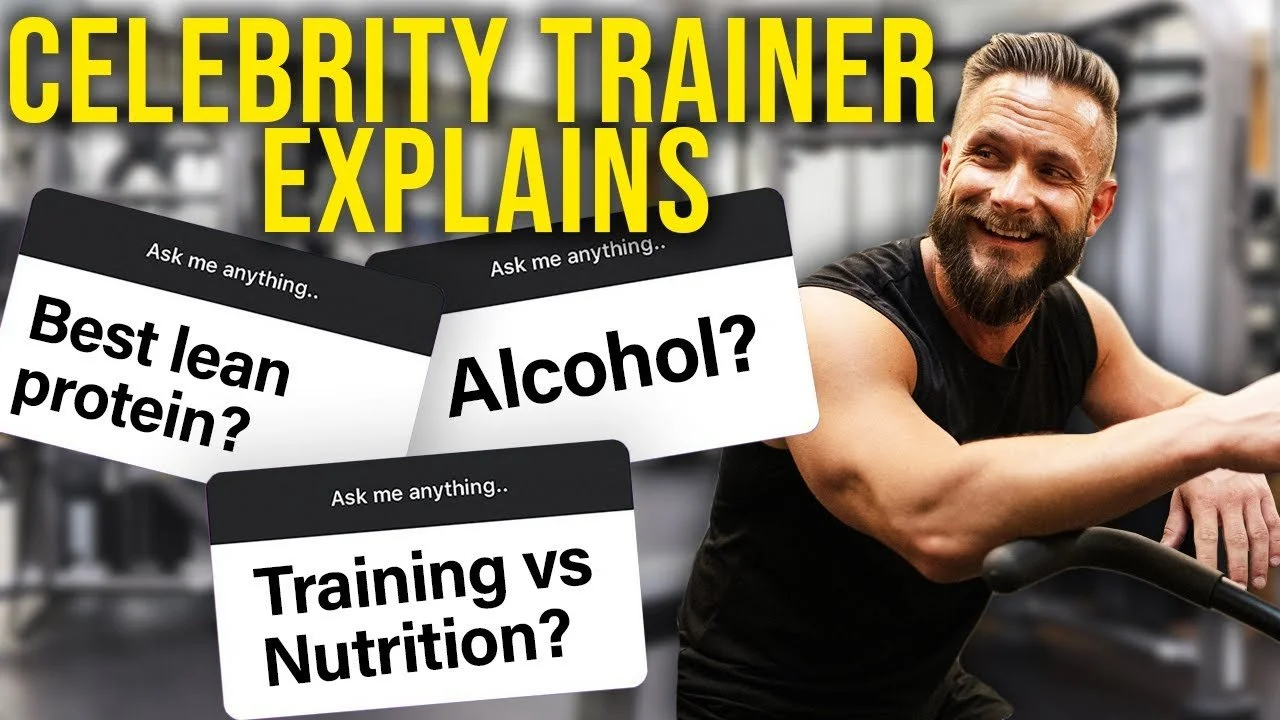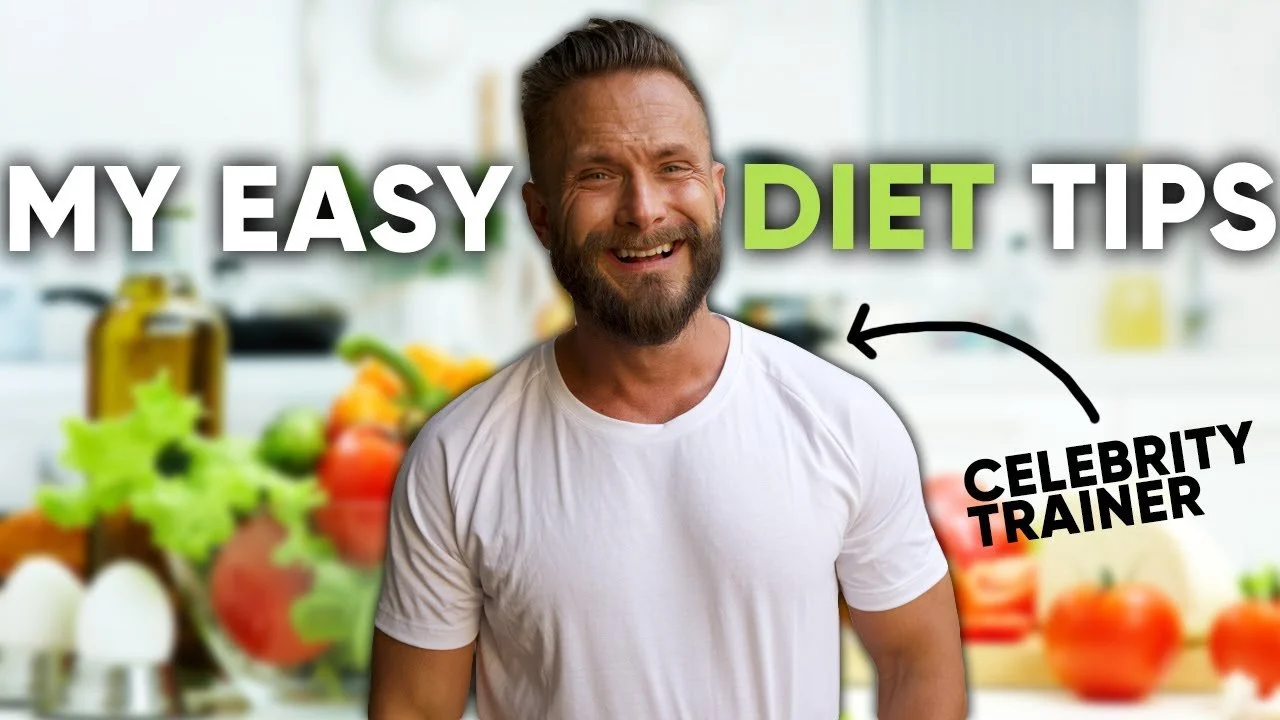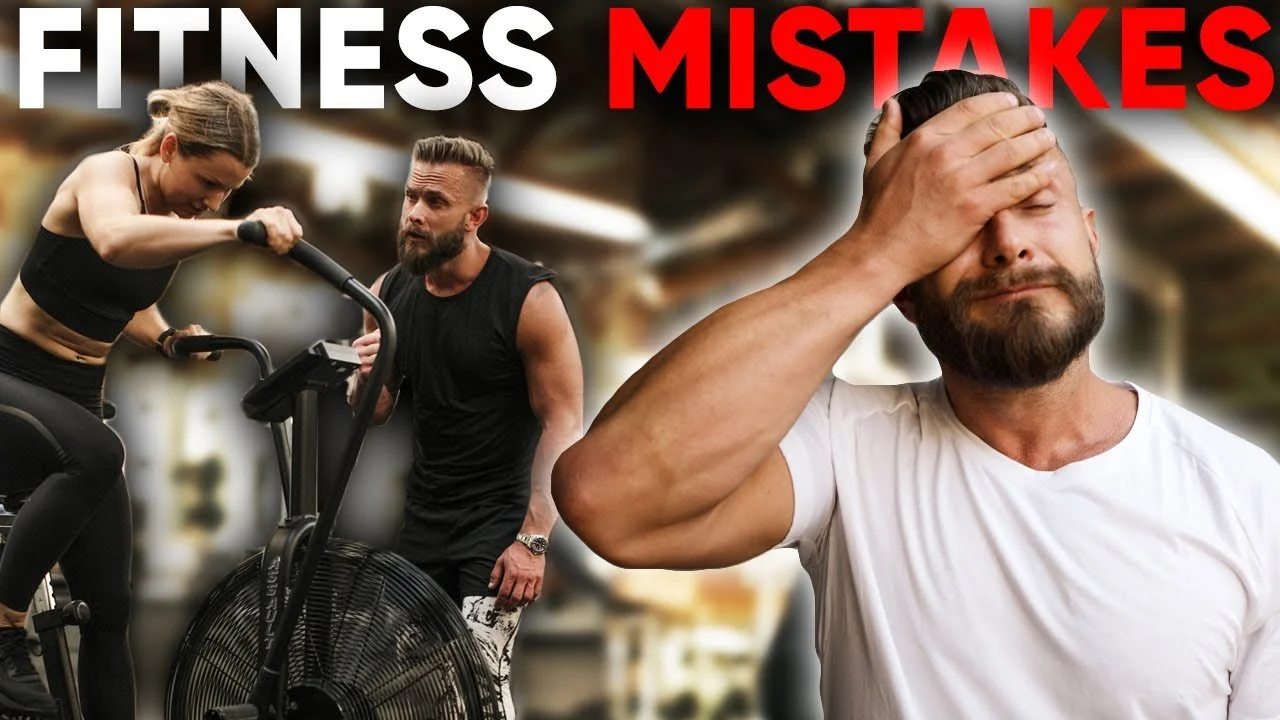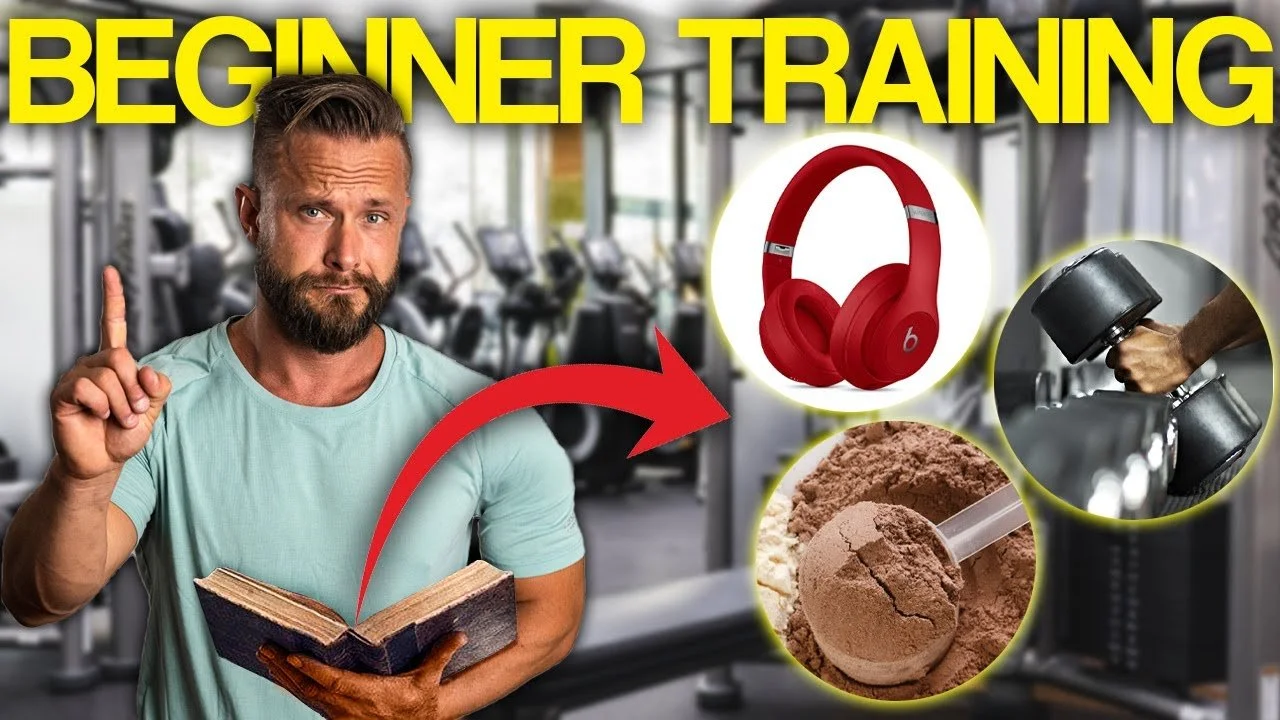Vegan or Not? The Truth About Plant-Based Diets and Muscle Building
If you've been keeping up with the latest trends in the fitness and nutrition world, you've probably noticed the growing popularity of plant-based diets. Whether it's for ethical reasons, environmental concerns, or simply for better health, many people are making the switch to veganism. But there's one burning question that I constantly get: Can you build muscle on a vegan diet?
As a seasoned trainer and nutritionist with over two decades of experience, I've gotten this question time and time again. To provide you with the most accurate and insightful answers, I've enlisted the help of my dear friend, Susan Devkota, a scientist and professor of medicine who specializes in nutrition and gut health. Together, we'll dive deep into the world of veganism, muscle building, and the truths and myths surrounding them.
Debunking the Meat and Cancer Connection
Before we delve into the specifics of vegan muscle building, let's address a common misconception: the belief that all meat is harmful and linked to cancer. Is there a correlation? Yes, but the answer is way more nuanced than that.
While it's true that certain cooking methods, such as overcooking and charring meat, can introduce carcinogens, it's crucial to understand that not all meats are created equal. If you’re constantly eating your well-done steaks on the grill, over time, that can be a risk factor, because that charred meat is what has a carcinogen chemical composition.
But if you’re not overcooking your meat, or eating processed cured meats, and you're sticking to your chicken breast or your filet mignon, or even your t-bone, the cancer risk there is actually extremely low.
The Pros and Cons of Going Vegan
Embracing a vegan lifestyle is a significant decision, and like any dietary choice, it comes with its own set of advantages and challenges. Let's explore the pros and cons of a plant-based diet for muscle building and overall health.
Pros:
Reduced Risk of Chronic Diseases: One of the most significant advantages of a vegan diet is its potential to lower the risk of chronic diseases such as heart disease, hypertension, and type 2 diabetes. Plant-based diets are typically lower in saturated fats and cholesterol, which contribute to improved cardiovascular health.
Weight Management: Many people find it easier to maintain or lose weight on a vegan diet due to its lower calorie density and high fiber content. A healthy weight can enhance your athletic performance and overall well-being.
Ethical and Environmental Benefits: Veganism is often an ethical choice, because it’s against the harm and exploitation of animals. Not to mention that plant-based diets have a smaller environmental footprint, contributing to a more sustainable planet.
Nutrient-Rich Foods: A well-planned vegan diet encourages the consumption of nutrient-rich foods such as fruits, vegetables, nuts, seeds, and whole grains, which are packed with vitamins, minerals, and antioxidants that support overall health.
Digestive Health: Many individuals report improved digestive health when following a vegan diet, as it tends to be high in dietary fiber, promoting regular bowel movements and gut health.
Cons:
Protein Challenges: While it's entirely possible to meet your protein needs on a vegan diet, it does require more careful planning. Plant-based protein sources often lack one or more essential amino acids, necessitating a variety of food combinations to ensure a complete amino acid profile.
Vitamin B12 Deficiency: Vitamin B12 is primarily found in animal products, and its deficiency should definitely be a concern if you’re planning to become vegan. It's essential to include fortified foods or supplements in your diet to meet B12 requirements.
Iron and Calcium Considerations: Plant-based sources of iron (non-heme iron) and calcium may be less readily absorbed by the body compared to those from animal products. As a vegan, you should focus on consuming iron-rich foods with vitamin C sources for better absorption and calcium-fortified foods or supplements.
Meal Planning and Preparation: Successfully following a vegan diet, especially for muscle building, demands thoughtful meal planning and preparation. You'll need to ensure you're meeting your calorie and nutrient needs while avoiding excessive intake of carbs and fats.
Social and Practical Challenges: People who follow a plant-based diet often struggle with dining out and social situations. Finding suitable vegan options in restaurants and accommodating dietary restrictions in group settings can be tricky.
While going vegan offers a lot of health benefits, it also requires careful planning to ensure you're meeting your nutritional needs, especially if you're pursuing muscle building or athletic goals. By understanding the pros and cons, you can make an informed decision that best suits your lifestyle and values.
Protein Power: Cracking the Vegan Dilemma
As fitness enthusiasts, we understand that protein is the cornerstone of muscle growth. But can you truly obtain enough protein on a plant-based diet? It's a legitimate concern, and here's where the challenge lies. Animal-based protein sources naturally contain all essential amino acids, while plant-based options may not offer the full spectrum.
So, how do you navigate this protein puzzle? To thrive on a vegan diet while pursuing muscle gains, you have to be strategic about your protein choices.
Opt for a variety of plant-based protein sources, including legumes, lentils, quinoa, tofu, and tempeh. However, keep in mind that you may need to consume larger quantities of these sources to meet your protein goals.
The Amino Acid Adventure
Let's talk about amino acids. One of the issues with plant-based diets and muscle building is that not all plant proteins provide the complete array of essential amino acids, which are vital for muscle growth.
Some plant proteins may lack specific amino acids, making it necessary to find a creative approach to your dietary choices.
The solution? Combine different plant proteins to ensure you cover all your amino acid bases and support optimal muscle development.
Susan's Protein Puzzle Experiment
To illustrate the concept further, Susan and I decided to conduct a little experiment. We compared the protein content of spinach to that of a four-ounce steak. The results were nothing short of eye-opening.
To match the protein content of that steak, you'd need to consume a staggering 40 cups of spinach. Yes, you read that right – 40 cups! That's a massive amount of greens.
Vegan Fitness: The Road Ahead
So, the million-dollar question remains: Is the effort of going vegan worth it for fitness enthusiasts? The answer will always differ from one person to another, based on their values, goals, and willingness to put in the work. Whether you choose a vegan diet or not, the key takeaway is that any dietary approach should be undertaken consciously.
For vegans, this means meticulous meal planning to ensure protein and nutrient needs are met. It's not about making things needlessly complicated; it's about taking ownership of your health and fitness journey.
In Conclusion
I'd like to thank Susan Devkota for sharing her invaluable insights on this topic. Eating a plant-based diet can for sure align with fitness goals, but it requires careful planning, effort, and a touch of nutritional creativity.
Remember, there's no one-size-fits-all approach to nutrition. Whether you're vegan, omnivorous, or somewhere in between, making informed choices is the key to a healthy and fulfilling fitness journey.
If you found this article informative or have questions about vegan muscle building, I encourage you to join the conversation.
Go watch our video and share your thoughts in the comments section.. Don't forget to subscribe for more enlightening content and share this article with your fellow fitness enthusiasts. Until next time, stay fit and remain mindful of your dietary choices!




























